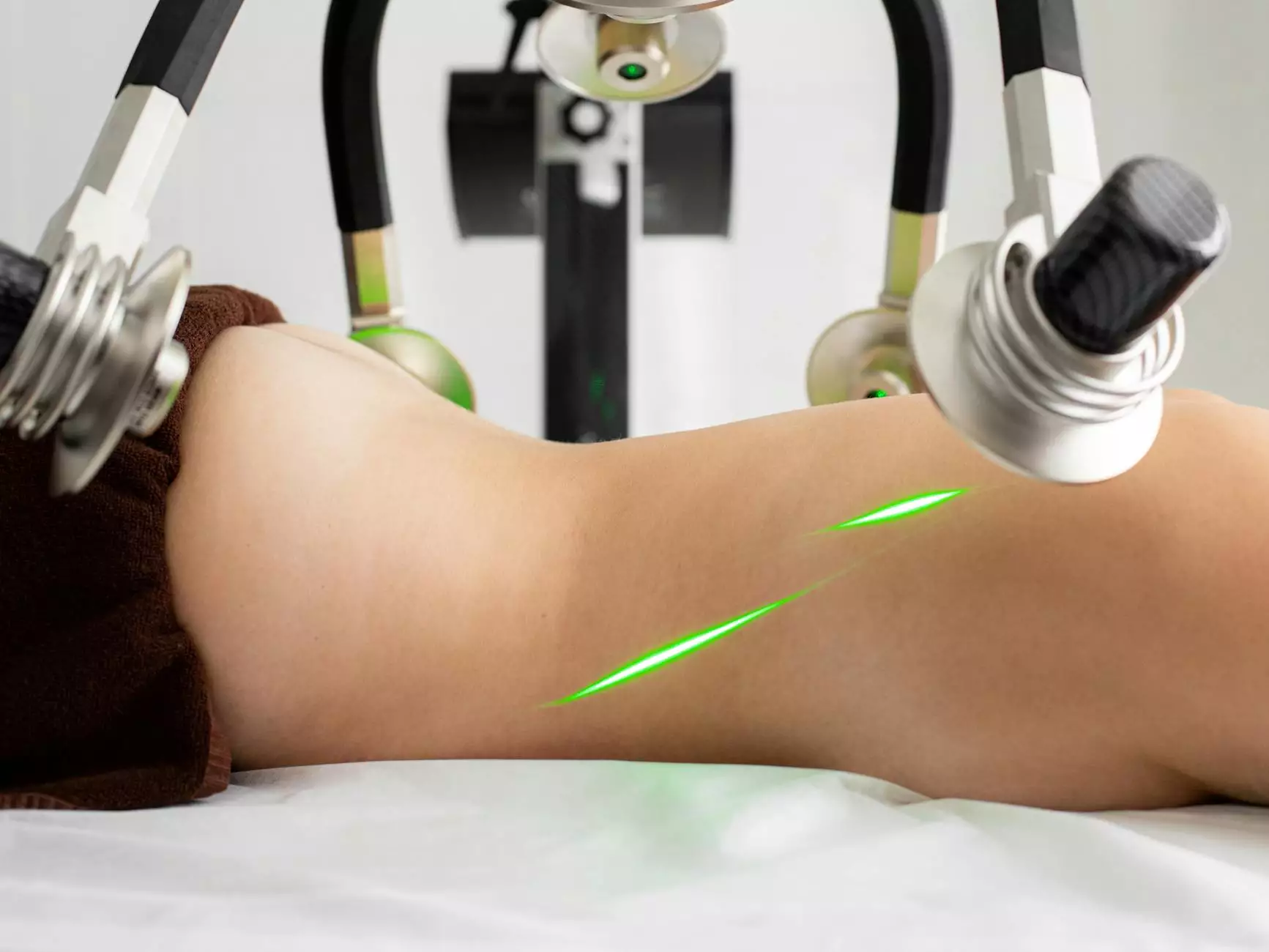Mastering Medical Coding at Home Training: Your Comprehensive Guide

Medical coding at home training is emerging as one of the most promising career paths for individuals looking to create a flexible and rewarding professional life. With the healthcare industry continuously evolving, there is an increasing demand for skilled medical coders who can ensure that patient data is accurately captured and classified. This article will delve into the ins and outs of medical coding training from home, equipping you with knowledge you need to succeed in this professional field.
Understanding Medical Coding
Before we explore the nuances of medical coding at home training, it's essential to understand what medical coding entails. Medical coding is the process of converting healthcare diagnoses, procedures, medical services, and equipment into universal medical alphanumeric codes. The coding process involves:
- Diagnosis coding: Identifying and coding the diseases or conditions affecting the patient.
- Procedural coding: Assigning codes for the procedures performed during patient visits.
- Healthcare billing: Facilitating accurate billing and insurance claims through coded data.
The Growing Need for Medical Coders
The demand for medical coders has surged due to several factors:
- Increasing healthcare regulations: As healthcare becomes more regulated, accurate coding is crucial for compliance.
- Rising healthcare costs: Insurance companies and healthcare providers rely on accurate codes for proper reimbursement.
- Aging population: As the population ages, the volume of healthcare claims increases, driving the need for coders.
The Benefits of Training from Home
One of the primary benefits of medical coding at home training is the flexibility it offers. Here are some key advantages:
- Flexibility: Learn at your own pace and on your own schedule, allowing for a better work-life balance.
- Cost savings: Save on commuting and relocation costs associated with traditional education settings.
- Access to resources: Utilize a variety of online resources such as videos, quizzes, and forums for interactive learning.
Essential Skills for Medical Coders
To thrive in the field of medical coding, certain skills are imperative:
- Attention to detail: Coding requires precision; a single mistake can lead to significant financial discrepancies.
- Analytical skills: Coders must analyze patient records to ensure accurate coding.
- Understanding of medical terminology: Familiarity with terms used in medical documentation is crucial.
- Technical skills: Proficiency in coding software and electronic healthcare records (EHR) systems is essential.
How to Start Your Medical Coding Training at Home
Getting started with medical coding at home training can seem daunting, but with the right approach and resources, you can pave a successful path:
1. Research Training Programs
Explore different accredited online programs that offer courses in medical coding. Look for courses that offer certification preparation for recognized credentials such as:
- Coding Certification from AAPC
- Coding Certification from AHIMA
- Certified Professional Coder (CPC)
2. Create a Study Schedule
To maintain discipline while learning at home, create a consistent study schedule. Breaking down the material into manageable sections can make the learning process more efficient.
3. Utilize Online Resources
Take advantage of online resources, including:
- Webinars: Live sessions where experts share industry insights and coding practices.
- Online forums: Engage with peers and professionals in coding communities to enhance knowledge.
- Interactive quizzes: Test your knowledge as you progress through your training.
Certification: A Key Step in Your Career
Certification is a critical step in establishing your credibility as a medical coder. While the training provides foundational knowledge, certification validates your skills to potential employers. Key certifications include:
- CPC: The Certified Professional Coder credential focuses on outpatient coding.
- CCS: The Certified Coding Specialist certification emphasizes inpatient coding and advanced coding knowledge.
Preparing for the Certification Exam
Once you complete your training program, preparing for the certification exam should be your next focus:
- Review Study Materials: Invest time in reviewing your coursework, textbooks, and coding manuals.
- Mock Exams: Take practice tests to familiarize yourself with the exam format and types of questions.
- Study Groups: Form or join study groups for collaborative learning and support.
Career Opportunities After Training
The job market for certified medical coders is robust with a variety of career opportunities available:
- In-House Coder: Work for hospitals, clinics, or care facilities.
- Freelance Coder: Offer coding services independently to various clients.
- Healthcare Consultant: Provide coding consultancy services to healthcare organizations.
The Future of Medical Coding
With the ongoing advancements in technology, the future of medical coding promises dynamic changes. By enhancing coding accuracy and efficiency through automation and artificial intelligence, coders can expect to focus more on analytical and advisory roles.
Conclusion
In conclusion, medical coding at home training is not just a feasible option; it’s a strategic career decision. The combination of a thriving job market, the importance of medical coding in healthcare, and the flexibility of remote training makes it an attractive choice for aspiring professionals.
By investing time and effort into acquiring the necessary skills and certification, you can embark on an exciting journey into the medical coding field, contributing significantly to the healthcare ecosystem. The opportunity for personal and professional growth is boundless, and now is the perfect time to pursue your passion for medical coding.









